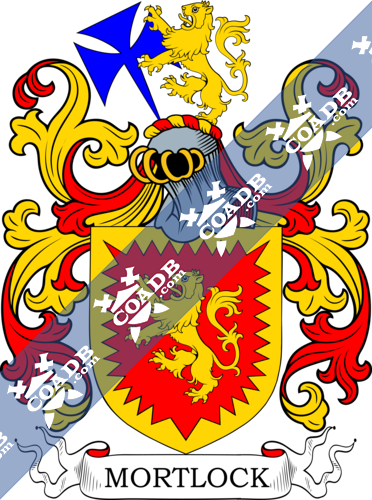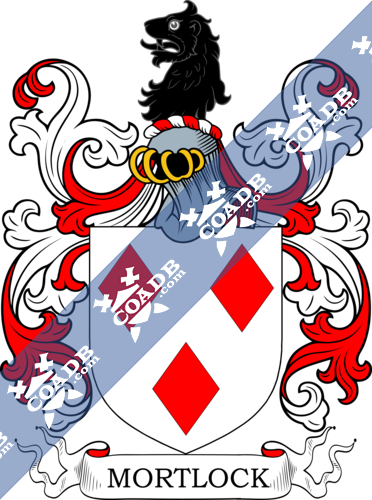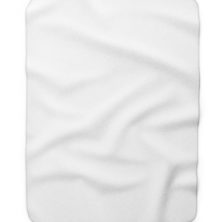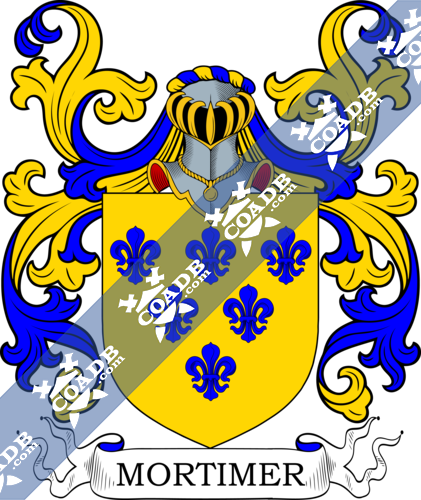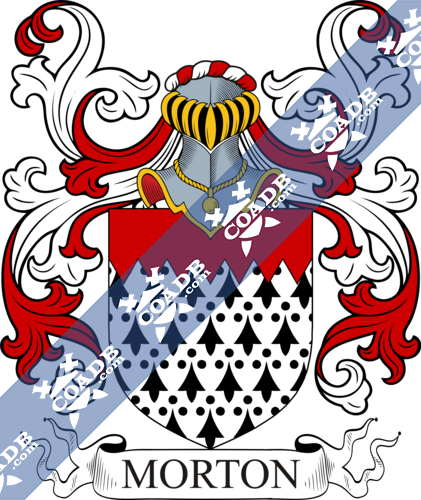Mortlock Family Crest, Coat of Arms and Name History
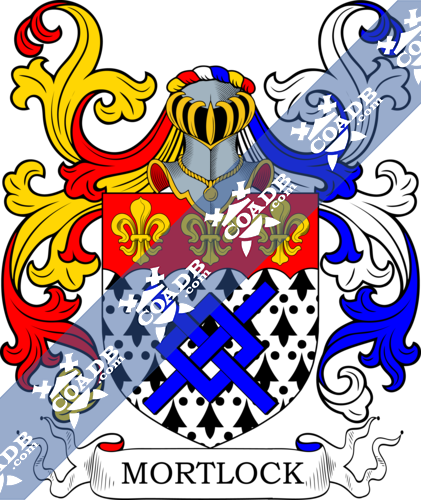
Mortlock Coat of Arms Gallery
Don’t know which Coat of Arms is yours?
We can do a genealogical research. Find out the exact history of your family!
Learn MoreMortlock Origin:
England
Origins of Mortlock:
This unusual surname is of Anglo-Saxon origin and is a habitational name from Mortlake in Surrey. It acquires from the Olde English pre 7th Century byname “Morta”, of uncertain etymology, but it may be from the fish-name “mort”, which means “young salmon”, originally given as a nickname, and the Olde English “lag”, which means wet pasture, or “lacu”, which means a stream. So, “stream frequented by young salmon.” The place name was first noted as “Mortelaga” and “Mortelage” in the Domesday Book of 1086, and as “Mortelak” in the Close Rolls of 1228. The surname advancement since 1273 contains the following as John Mortlake (London, 1565), and John Morelacke (London, 1581). Listed in the English Church Records are the weddings of Ambroseius Mortlock and Margareta Thurnall in January 1635, at Burwell, Cambridgeshire, and of Richard Mortlock and Hannah Gotto in October 1783, at St. Saviour’s, Southwark, Surrey. A Royal symbol was given to a Mortlock family in Cambridgeshire. The Slogan “Hic labor hoc opus,” transposes as, “This is the difficulty, this the task.”
Variations:
More common variations are: Mortlok, Martlock, Mortleck, Mortluck, Marteluck, Martelock, Martalock, Martolock, Mertelock, Martellock, Mortlake.
England:
The surname Mortlock first appeared in Cambridgeshire where they held a family seat as Kings of the Estate. The Saxon rule of English history declined after the Battle of Hastings in 1066. The language of the courts was French for the next three centuries, and the Norman atmosphere prevailed. But Saxon surnames remained, and the family name first mentioned in the year 1279 when Walter Mortelake held the estates.
The very first recorded spelling of the family was shown to be that of Walter Mortlake, dated about 1086, in the “Hundred Rolls of Cambridgeshire,” It was during the time of King Edward I, who was known to be the “The Hammer of the Scots,” dated 1272-1307. The origin of surnames during this period became a necessity with the introduction of personal taxation. It came to be known as Poll Tax in England. Surnames all over the country began to develop, with unique and shocking spelling variations of the original one.
Ireland:
Many of the people with surname Mortlock had moved to Ireland during the 17th century.
Australia:
Some of the people with the surname Mortlock who landed in Australia in the 19th century included William Ranson Mortlock at the age of 21, arrived in Adelaide, Australia aboard the ship “Irnaurn of Muscat” in the year 1843. John Mortlock arrived in Adelaide, Australia aboard the ship “Royal George” in the year 1848. Joseph Mortlock at the age of 24, arrived in South Australia in the year 1857 aboard the ship “Monsoon.”
Here is the population distribution of the last name Mortllock: South Africa 1,498; England 1,473; Australia 674; United States 274; New Zealand 168; Canada 119; Wales 113; Scotland 79; Spain 10; China 3.
Notable People:
John Mortlock (1755–1816), was a British banker and political leader.
Stirling Mortlock (born 1977), is an Australian rugby player.
Bryce Mortlock (1921–2004), was an Australian designer.
David Favis-Mortlock (born 1953), is an English geomorphologist and singer.
The Mortlock family of Martindale Hall included William Ranson Mortlock (1821–1884), who was a South Australian businessman and political leader (father).
William Tennant Mortlock (1858–1913), was a South Australian businessman and political leader. He was the son of William Mortlock.
Blazons & Genealogy Notes
1) (Abington Hall, co. Cambridge; granted to Thomas Mortlock, Esq., High Sheriff co. Cambridge, 1840, any his brother, Sir John Cheetham Mortlock, Commissioner of Excise). Motto—Hie labor hoc opus. Gu. a lion ramp. or, a border indented of the last. Crest—A lion segreant or, resting the dexter paw on a cross pattée fitchée az.
2) (co. Norfolk). Erm. a fret az. on a chief engr. gu. three fleurs-de-lis or.
3) Ar. three lozenges gu. Crest—A lion’s head erased sa.

